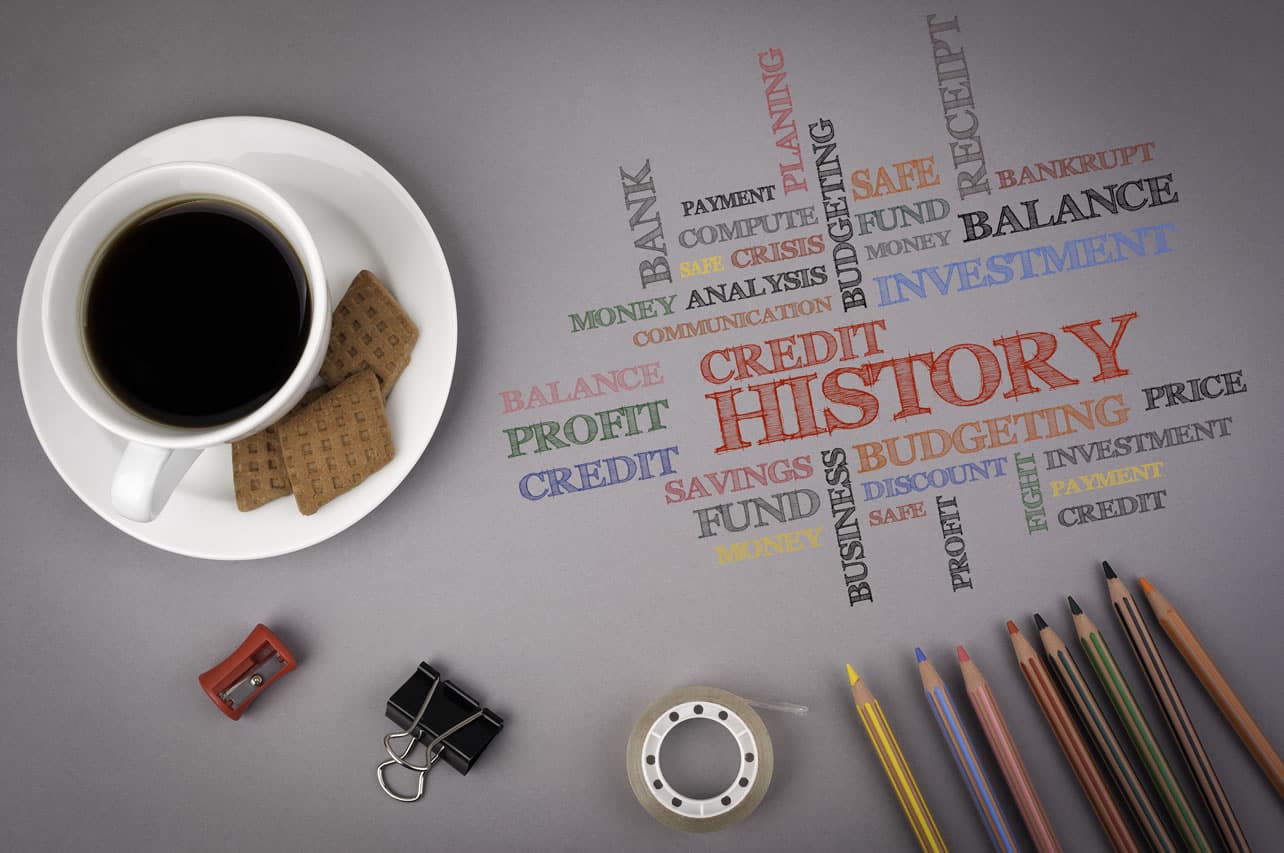What is my Credit Score, and How Do I Access it?

When it’s time to get serious about our finances, we often begin by budgeting our money, finding out how much we have, and how we spend it. That’s a sensible move, but our financial health and future aren’t just dictated by cash alone. The loans and debts that factor into our budget also factor into our credit, which can often be more important to future plans than money alone.
What is credit
Our credit record is essentially a record of how good we are at managing debt, repaying short term loans, and keeping up with payment contracts. Our credit score is a number that takes all those factors into account to show us to give us a judgement on how trustworthy we are with credit. Every loan paid off in full and every time we pay more than the minimum into our credit card debt, for instance, raises the score. Every time we miss a debt repayment and every unpaid bill lowers it.
Why it matters
Credit isn’t just an arbitrary number used to tell us how well we manage our financial obligations. It’s a number used to tell a variety of services we might like to rely on in future. Many companies and individuals are able to take a look at our score and our records to help them make a decision on whether or not they enter a contract with us. Some of those who can look at our score are as follows:
● Anyone who provides a loan, such as banks, mortgage lenders, motor loan agencies
● Insurance providers
● Credit card companies
● Utility and service providers like mobile phone networks and internet companies
● Landlords
● Even employers can access a certain version of our credit records
Poor credit history will often see us getting a worse deal from creditors. For instance, getting a mortgage on a lower credit score might see you having to pay more in monthly instalments because the provider sees that you have had trouble sticking to longer contracts in the past and wants to get more repaid in the short-term. Landlords want to know that the people with them can pay the rent consistently. Employers might even check it just to gauge how reliable we are. A great credit history means more doors open to us, and we get a better deal from creditors.
What else is on our credit report
Everyone who has a bank account or who has ever entered a financial contract has a credit history, compiled by Credit Reference Agencies. Here are some details they keep about us:
● All credit accounts, including outstanding loans and debts, as well as how we handle them.
● Anyone financially linked to us through joint accounts, guarantor agreements and more.
● Public record details such as bankruptcies and repossessions.
● Personal details such as name, D.O.B., address, and electoral registration.
How to check it
We can access our credit history from Credit Reference Agencies for £2. It’s worth getting a report from each of the three major CRA's, as some reports may contain details that others missed. Most CRA's offered a more detailed look at the reports, including updates to it for a monthly fee. You can gain access to most through a free 30-day trial, but you have to cancel it yourself. Otherwise, automatic payments will start coming from your debit or credit card when the trial ends.
One of the major Credit reference agencies Equifax have recently released a new brand called Clear Score. This brand offers customers the chance to have free access to their credit reports for life with tips and advice on how to improve it. Do bear in mind however, Clear Score fund this service through acting as a broker and matching the customer with third party credit providers.
Checking our credit history gives us the opportunity to better understand why we might be getting rejected when applying for credit or why we might not be getting the best deals. It’s also worth noting that occasionally, false negative records can appear on our record. Disputing these will often enough get them removed and instantly improve our credit score.
